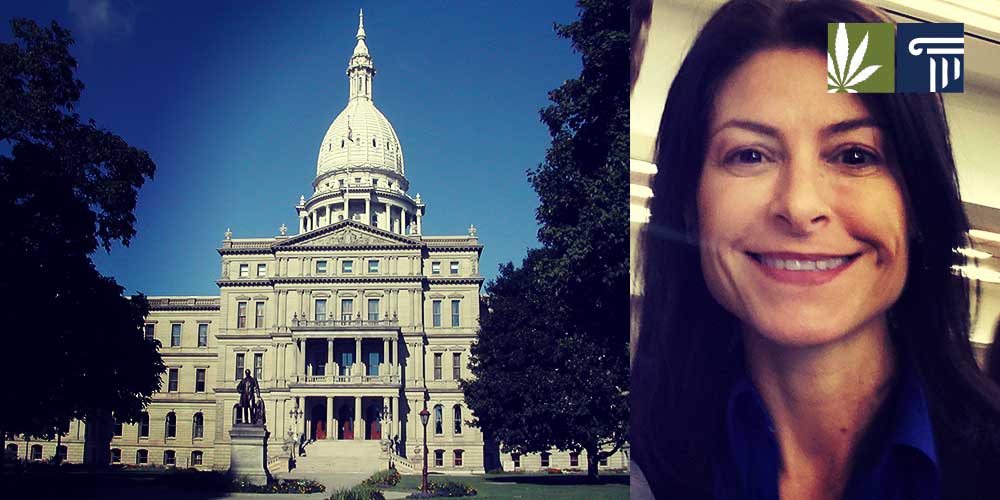Michigan’s attorney general has convened a workgroup to look into potential changes and clarifications regarding the state’s recreational marijuana law.
The law, which was approved by voters last year, legalizes marijuana for persons 21 years and older, and establishes a framework for the taxation and regulation of marijuana businesses.
But according to Attorney General Dana Nessel, who supported the proposal on the 2018 ballot, there are still questions about how to implement the law, such as the issue of what penalties to impose for marijuana-related infractions.
“So now there are certain portions of the bill that, you know something’s illegal, right, but then it doesn’t tell you what the penalty is,” Nessel said.
One such example is the public consumption of marijuana which, as with alcohol, is prohibited. But according to Livonia City Attorney Paul Bernier it remains unclear how it will be dealt with by law.
“We tell people that they can’t consume it in public. So if they’re sitting in Hart Plaza smoking weed, is it a possession of marijuana, a one-year (misdemeanor), or is it a use of marijuana, a 90-day (misdemeanor)?” Bernier said.
This could mean the difference between having an infraction that shows up on an individual’s criminal record or not, which could in turn then affect their employment and housing prospects.
Another ambiguity concerns growing marijuana plants. The law does not permit home cultivation “visible from a public place”, but it is unclear whether an individual who does so would be charged with a one year possession misdemeanor or a four-year felony for manufacturing.
“We don’t want people guessing what is illegal or legal and what the penalties are… my concern is it’s not clear,” Bernier said.
The legal marijuana workgroup convened by Attorney General Nessel includes police officers, defense attorneys, prosecutors, and regulators. They aim to clarify the various legal ambiguities and work toward a consensus that will lead to recommendations that could then translate into new legislation.
The workgroup is already bearing fruit, with Nessel stating that her office is in the process of drafting new bills.
Josh Hovey, spokesperson for the Michigan Cannabis Industry Association, said the organization is familiar with the workgroup and is wary of potential wholesale changes.
“From our standpoint, in general, we believe the law should be implemented as-is,” Hovey said.
“However, if there are changes needed for clarification or minor wording changes, we wouldn’t necessarily be opposed to those. But we would need to take each proposed change and look at it on its own merits.”
Even if the workgroup comes to a consensus on certain legal questions, there is little guarantee that a subsequent bill or amendment would make it past the legislature.
Instead of a simple majority, citizen-initiated laws in Michigan require a three-quarter majority of lawmakers to approve any changes.
“Getting three-quarters of the legislature to agree on anything is virtually impossible,” Nessel said.
“There are things that we all agree on, but we just don’t know how we’re going to be able to necessarily move forward on it. It’s going to be interesting. I mean, we’re going to try, right?” Nessel said.






